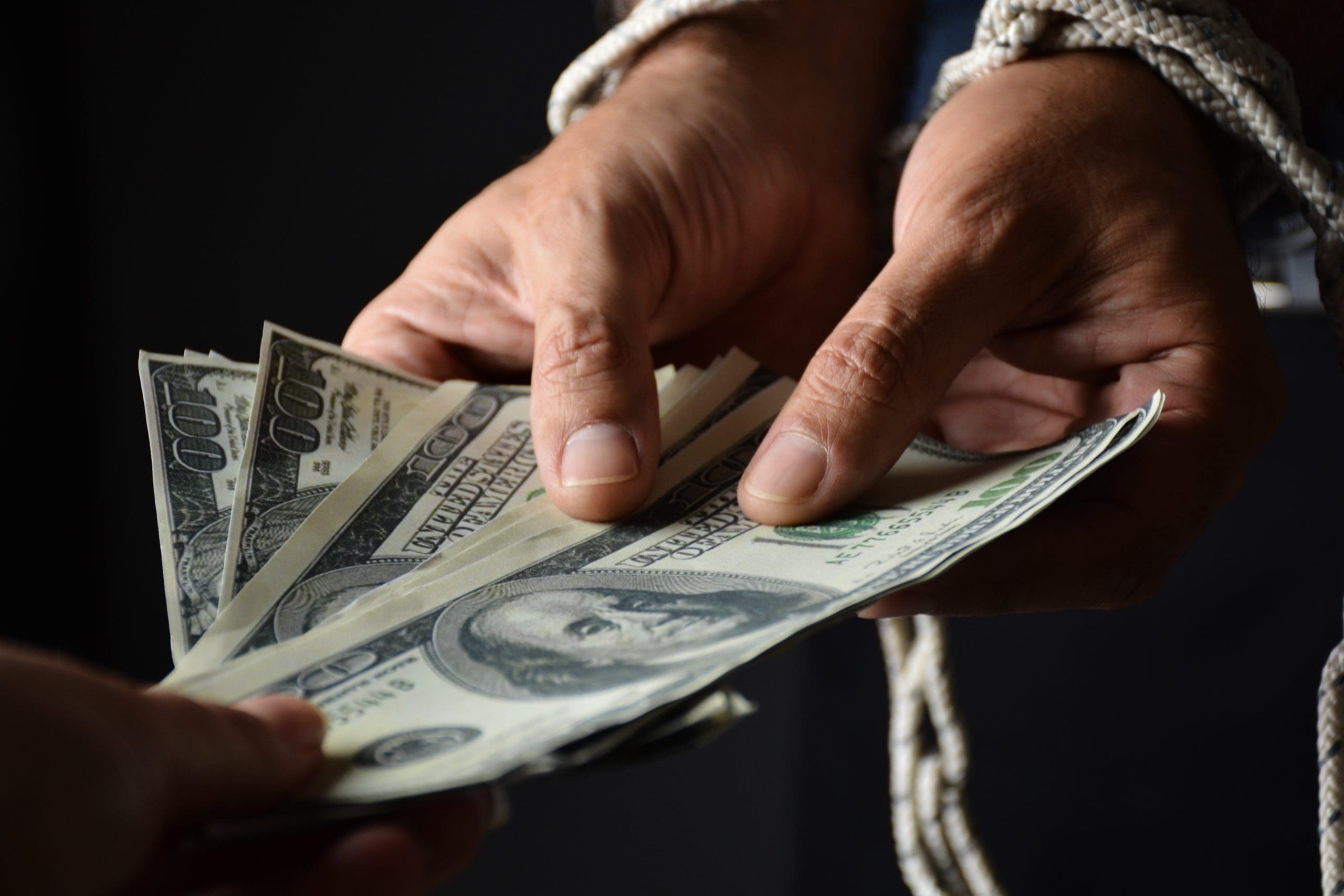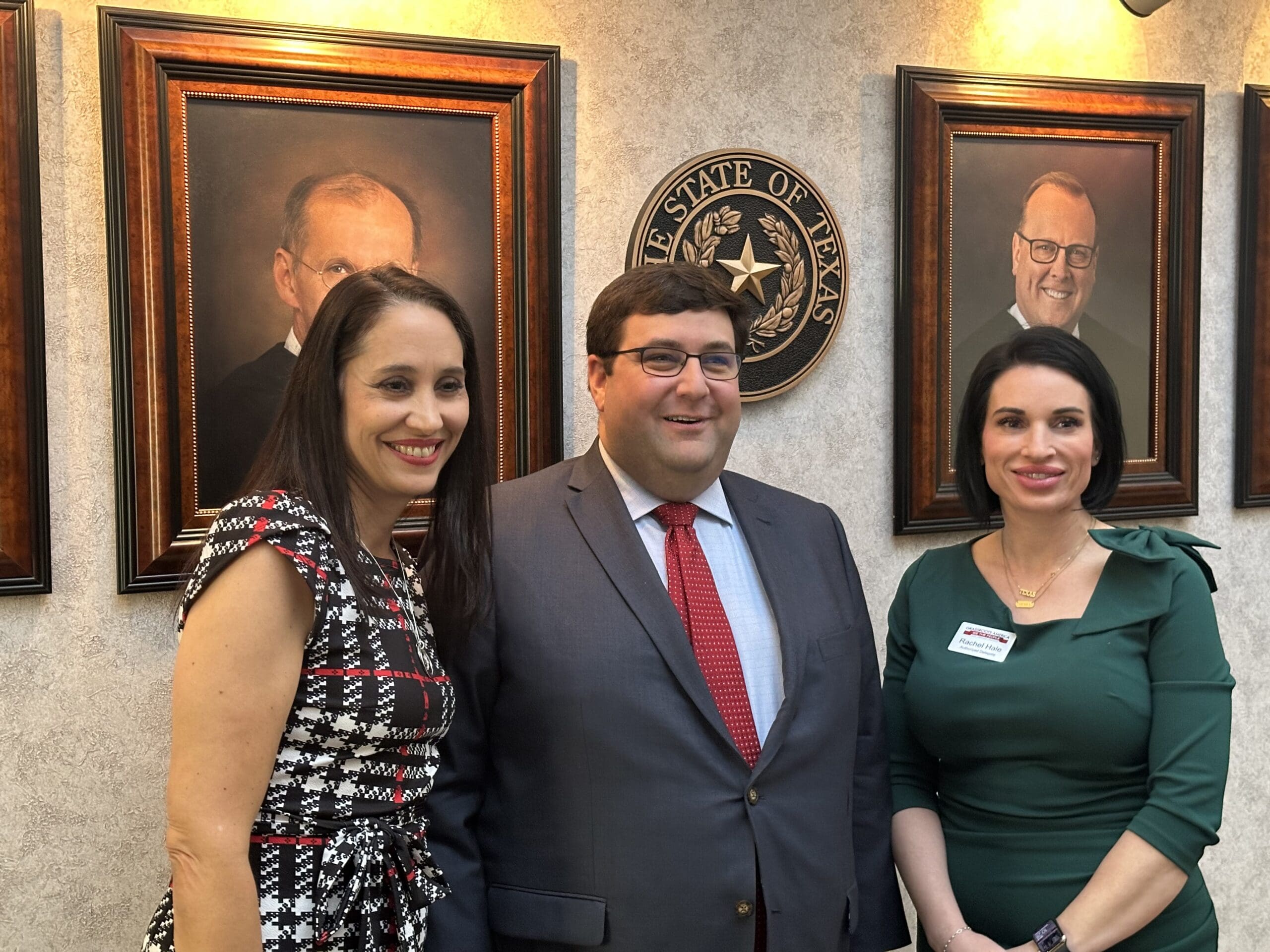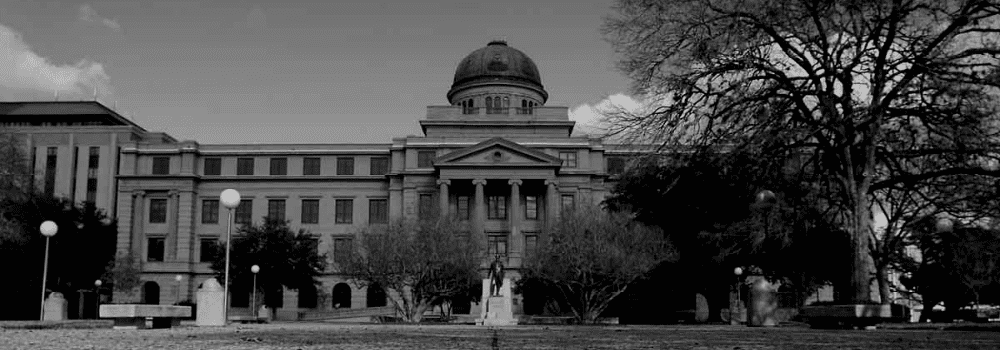Cities and counties in North Texas are adopting property tax rates that will either deliver smaller increases in their average property tax bills or lower them altogether. Citizens wanting similar results in their areas can do so by educating themselves, asking hard questions, and demanding full transparency during the budget process.
Last year, after years of outcry from Texans struggling with ever-rising tax hits to their wallets, the Texas Legislature passed Senate Bill 2, requiring most cities and counties to seek voter approval when hiking property tax revenues over 3.5 percent from the year before.
Texans are especially hurting this year from government-mandated shutdowns in response to the Chinese coronavirus. Some local governments have been trying to invoke the disaster clause in SB 2 to hike property tax revenues over 3.5 percent without voter approval, while others are heading in the opposite direction.
Colleyville
The Colleyville City Council voted unanimously on Tuesday to adopt the no-new-revenue property tax rate—the rate that collects the same overall revenue from properties taxed the previous year, keeping tax bills stable in the aggregate. This is the third year in a row they’ve done so, representing long-term changes achieved after citizens replaced the entire city council around four years ago.
Data from the Tarrant Appraisal District (TAD) shows the tax rate that the council adopted will increase the city’s average property tax bills for homeowners by a scant 0.86 percent—lower than last year’s increase of 1.30 percent. Property tax bills will be over 18 percent higher than those of 2013.
“We created a policy to set a no-new-revenue tax rate each year, if at all possible,” Mayor Richard Newton said in a statement.
The City Council of Plano is also adopting the no-new-revenue rate—the second year in a row for them after their own citizen takeover of the city council. The city estimates this will lower their average property tax bills for homeowners by $16 compared to last year.
Dallas County
Surprisingly, the Democrat-majority Dallas County Commissioners Court also passed the no-new-revenue rate unanimously on Tuesday. Data from the Dallas Central Appraisal District shows the adopted rate will increase the average homeowner’s county property tax bill 4.51 percent—lower than last year’s hike of over 8 percent—and be over 68 percent higher than bills in 2013.
Southlake
Southlake’s city council went even farther, adopting a property tax rate below the no-new-revenue rate for the second year in a row. TAD data shows city property tax bills for the average homeowner will be 0.14 percent lower than last year, and over 4 percent higher from 2013. In 2019, council adopted a tax rate that lowered these same bills 3.5 percent from the year before.
The week before, the Republican-majority Tarrant County Commissioners also adopted a property tax rate beneath the no-new-revenue rate, hiking the county’s average property tax bills for homeowners 1.8 percent from last year, according to TAD data, and over 45 percent higher from 2013 tax bills.
What Citizens Can Do
The results these tax rates will have on taxpayers suggest adopting the no-new-revenue rate can be a good benchmark. But if taxpayers keeping more of their money is the goal, that tax rate is a starting point—not an end.
When asked what brought Southlake to where they are now, outgoing Councilman Dr. Shahid Shafi was blunt. “I think the biggest factor is political will to manage debt and expenses while maintaining adequate municipal services,” he told Texas Scorecard.
Newton’s statement on how Colleyville is achieving its policy to adopt the no-new-revenue rate each year suggests he agrees with Dr. Shafi. “This can be achieved through conservative fiscal management, which our city council prides itself on and takes very seriously,” Newton wrote. “Our policy is not to raise property tax revenue over the previous year’s revenue unless a need is identified, vetted, and fully justified.”
What can citizens do to shift their local officials to a more citizen-focused direction when it comes to taxes? “The most important thing they can do is get educated, so they understand how the property tax system works,” former Colleyville City Councilman Chris Putnam told Texas Scorecard. “Cities and school districts love the fact that the current system is so confusing because it allows them to finger-point at the appraisal district, state, or even each other to avoid accountability for property tax increases when they, in fact, are directly accountable.”
He adds citizens should also encourage their elected officials to adopt the zero-based budgeting model Colleyville adopted. “Every expenditure should be evaluated each year during budget season to understand if we need more, less, or can just get rid of it altogether,” he said. “Too often, local governments simply start at the previous year’s budget and simply add more revenue, rather than evaluating existing programs, services, and spending.”
“Lastly, get involved, ask hard questions, and demand full transparency into the budget process.”





